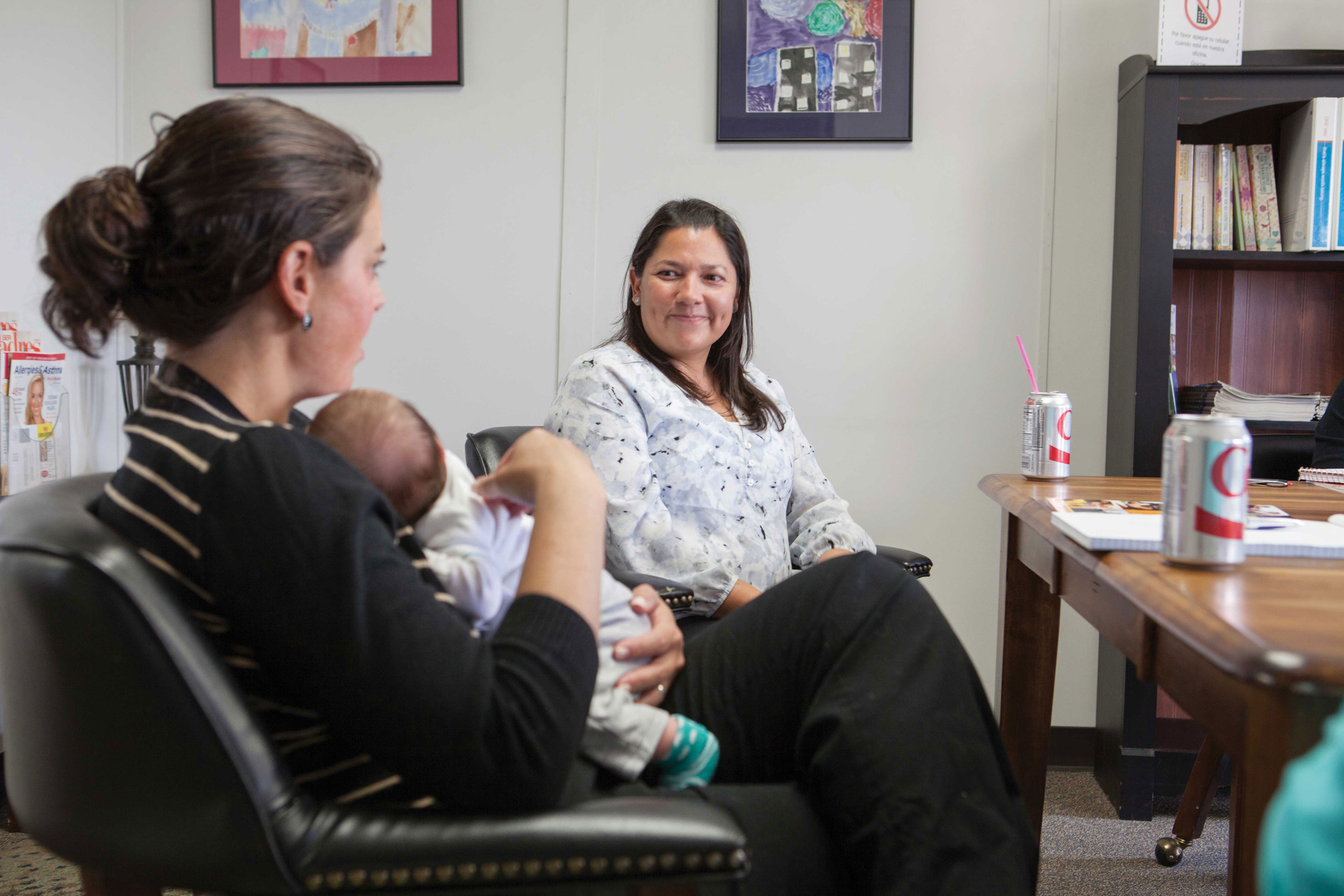 While most of the headlines since Election Day have focused on the top of the ticket, Colorado voters made impactful decisions on health-related ballot issues, including ones addressing subjects examined in Pulse: The Colorado Health Foundation Poll.
While most of the headlines since Election Day have focused on the top of the ticket, Colorado voters made impactful decisions on health-related ballot issues, including ones addressing subjects examined in Pulse: The Colorado Health Foundation Poll.
Through Pulse, we learned how COVID-19 has been hitting families hard:
- 40% of all Coloradans said it has been difficult to handle childcare responsibilities, including majorities of renters, adults ages 30-39, and households making $30,000 - $50,000.
- 12% of Coloradans have struggled to care for aging or disabled family members.
Colorado became the first state where voters approved a statewide ballot measure authorizing paid family and medical leave for workers. Throughout the coronavirus pandemic, many of us have had to take time away from work in order to take care of children or sick family members – a reality that voters may have factored into their thinking when completing their ballots.
Proposition 118 requires that employers provide up to 12 weeks of paid time off for childbirth and serious personal and family medical conditions. It was approved with 58% of the vote. The program will be funded by collecting premiums from workers and employers in 2023 to offer benefits starting in 2024.
“The measure passed at a time when more women are leaving the workforce in what has been dubbed a she-cession during the COVID-19 pandemic,” reported Marketplace in a piece entitled Why Colorado passing paid family leave matters even more during COVID. Marketplace noted that women are disproportionately responsible for supporting children at home and “four times more women than men left the workforce as the school year started up.”
As we move towards a recovery, paid family and medical leave may provide additional options for Coloradans who need to be caregivers for their loved ones.
Colorado voters also had the opportunity to weigh in on affordable housing through both statewide and local ballot measures. Affordable housing was a growing challenge in Colorado before the pandemic, but the economic turmoil has exacerbated the problem.
Even before the pandemic, across Colorado, there was an estimated 11,000 people who did not have a place to call home – and more had unstable housing, many of them families with children.
The Pulse poll found:
- More than 1 in 5 (22%) Coloradans fear losing their home over the next year because they can’t afford the rent or mortgage, including more than half of Coloradans living on low incomes.
- More than 60% of Coloradans consider the cost of housing and the issue of homelessness to be a serious issue and want state government to allocate additional funds to address these challenges.
Voters approved more funds toward housing through Proposition EE, a statewide ballot issue supported by more than two-thirds of Colorado voters. The proposition increases the state tax on cigarettes and other tobacco products and creates a new state tax on nicotine vaping products; part of the funds generated will support affordable housing.
While a major focus of Proposition EE is funding for K-12 education and preschool, new revenue in the first three years also will support loans to buy, renovate and construct houses and provide rental assistance – all to increase affordable housing. Support also goes to organizations that provide legal assistance to clients living on low incomes and who may be at risk of eviction.
Two other ballot issues on the local level also addressed housing insecurity:
- Voters in the City of Boulder approved Issue 2B to provide legal representation to tenants who face eviction, as well as rental assistance to those vulnerable to eviction. It won with 58% of the vote.
- Nearly two-thirds of Denver voters approved Measure 2B, which creates a 0.25% sales tax to fund services for people experiencing homelessness.
From the Western Slope of Colorado to the Eastern Plains and everywhere in between, each community has its own set of unique strengths and resources. Ballot issues offer a way for Coloradans to directly have a say on policy issues. During a critical election year – like this one – it’s important to know how Coloradans feel about those issues, whether approved or not, and how they may have an impact on our community’s health and well-being.
Please note: The Foundation is prohibited from engaging in direct lobbying activities and does not take positions in support or opposition to any state or local ballot measure.
